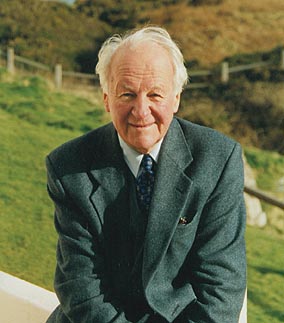"Tune my heart to sing Thy grace"
During the month of January we will be singing the hymn “Come Thou Fount of Every Blessing” which was written in 1758 by Robert Robinson.
One of the great things about this hymn is that it causes us to say true things about ourselves that we would rather not say. It calls us to tune our hearts to sing the grace of God. It calls us to remember the gospel from which pours streams of mercy, never ceasing. How easily it is for us to just check out and drift from the presence of God without intention. Our minds become full of ourselves or the things around us. We rarely slow down to evaluate our hearts. And when we do we find that our hearts deceive us into believing everything is fine and we just continue to float, unaffected by grace and truth. But then when we sing those words that our hearts wouldn’t sing on their own, “Prone to wander, Lord I feel it! Prone to leave the God I love,” our hearts are struck to the core as we see our sinful nature exposed. And now our hearts long for and rejoice over those streams of never ceasing mercy, and we understand the author’s meaning when he prays that he might be bound to Christ with the shackles of grace.
Find more information about "Come Thou Fount of Every Blessing" at:
Listen
Come Thou Fount of Every Blessing
Come Thou Fount of every blessing
Tune my heart to sing Thy grace;
Streams of mercy, never ceasing,
Call for songs of loudest praise
 |
| Robert Robinson |
Sung by flaming tongues above.
Praise the mount—O fix me on it,
Mount of God's unchanging love.
Here I raise my Ebenezer;
Hither by Thy help I'm come;
And I hope, by Thy good pleasure,
Safely to arrive at home.
Jesus sought me when a stranger,
Wandering from the fold of God;
He, to rescue me from danger,
Interposed His precious blood.
O to grace how great a debtor
Daily I'm constrained to be!
Let that grace now like a fetter,
Bind my wandering heart to Thee.
Prone to wander, Lord, I feel it,
Prone to leave the God I love;
Here's my heart, O take and seal it,
Seal it for Thy courts above.
Text: Robert Robinson (1735-1790)
Tune: American Folk Tune attributed to John Wyeth
For 10 months in 2012 our church will be memorizing hymns together. For more information about this click here.








